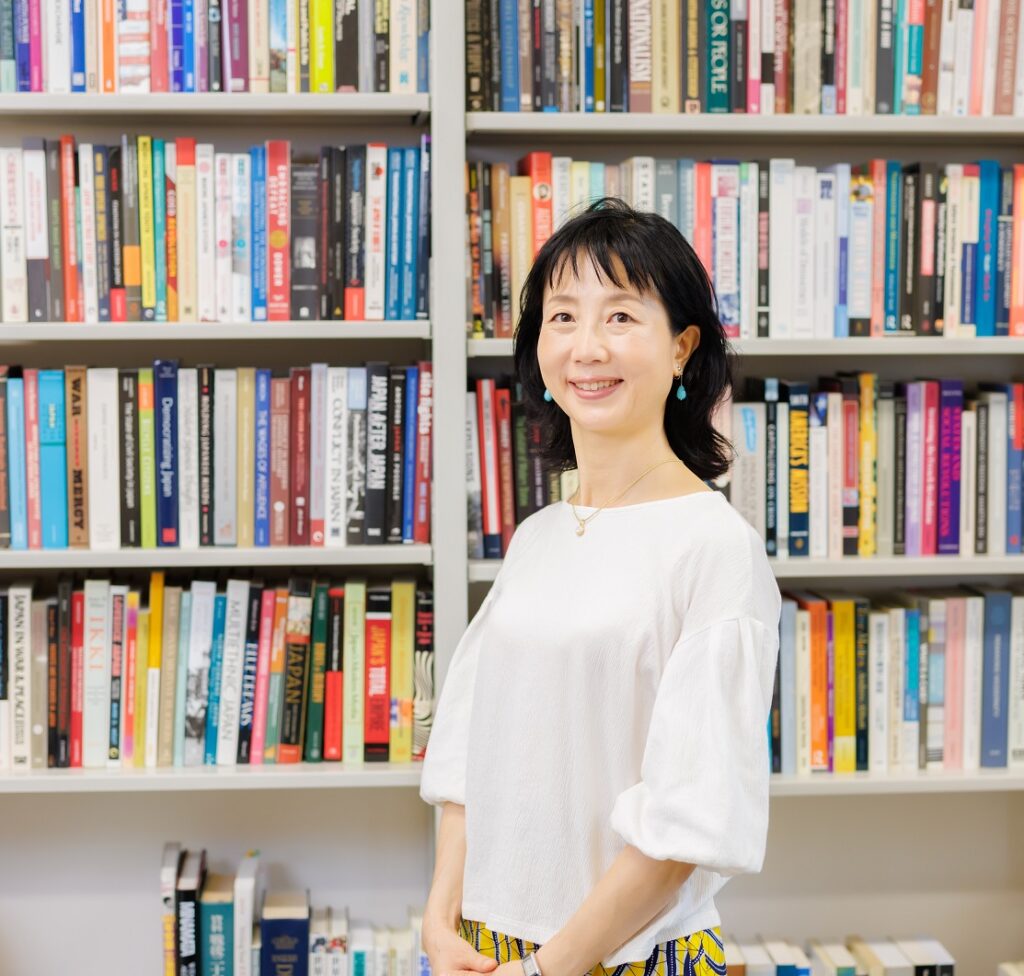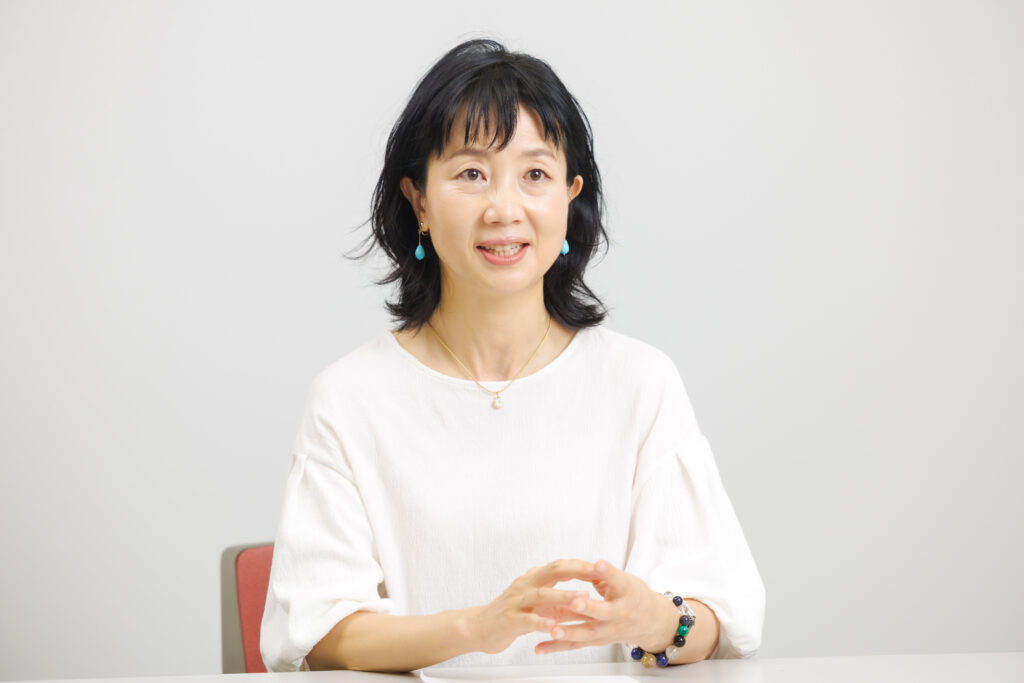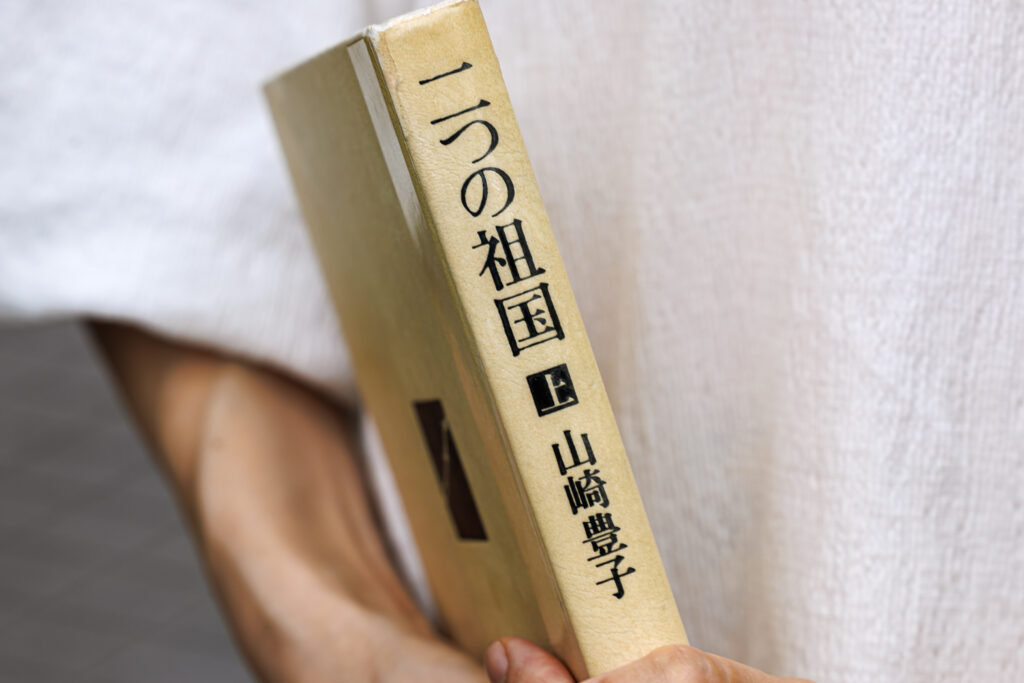
Political sociology specialist and Faculty of Human Sciences Associate Professor Hiroe Saruya focuses her research on the 1960 Anpo Protests, the largest social movement in Japan post-WWII. What factors brought about this large-scale movement that lasted over a year?
When people hear the term “social movement,” they often imagine protesters marching on streets, holding up large signs and placards. Certainly, this is one form of social movement in which people use their collective voice. But, in a broader sense, social movements are collective actions by people who have questions and concerns about their society, or by people who want to raise certain issues. These collective actions can be undertaken by any group of people, and they don’t necessarily have to have specific political views.
The 1960 Anpo Protests, which I study, were the largest postwar social movement in Japan. The protests were enacted by people who disagreed with the revision of the Japan-US Security Treaty, signed originally in 1951. What was the historical significance of the 1960 Anpo Protests, and how did they change Japanese society? In my research, I explore these questions by examining the political dynamics and the history of the social movement. My areas of specialty in sociology – political sociology and historical sociology – reflect this.
“We never want a war again”

One of the most important factors fueling the 1960 Anpo Struggle was peoples’ strong feeling that “We never want to be involved in a war again.” When the Japanese government started negotiation talks with the United States for the revision of the Japan-US Security Treaty in 1957, the Japanese economy was finally rebounding after the massive destruction of WWII and social conditions were also being stabilized. People feared that Japan could possibly be involved in war again if the treaty was revised, and that eventually led to the large-scale protests and strikes. At the peak of the protests, according to one source, over five million workers took part in collective actions, such as rallies and demonstrations, during their work hours.
What I found to be especially interesting in this research was that the 1960 Anpo Protests involved a wide range of actors, such as intellectuals, students, and workers, and there was serious competition in each group as well. In the case of politicians, for example, though the Japan Socialist Party and the Japanese Communist Party each opposed the treaty, or its revision, the rationales of the two parties differed. There was also competition among different groups to grow larger and stronger than their rivals. I believe that this competition was one of the reasons the Anpo Protests became so large and intense. The competition also shaped the development of other movements that followed. Understanding the various impacts of social movements on the world around us, and unlocking the mechanisms that bring about change are what I enjoy most in my research.
Sharing the stories of those who took action and brought about change
Currently, I am conducting interviews with people who participated in the 1960 Anpo Protests and continue to be involved in some kind of social movement today. I ask them about their life history, their background, how they were involved in the Anpo Protests, and what kinds of social movements they have taken a part in since then. Through this interview project, I want to shed light on how Japanese society was constructed, how people lived their lives, and how they do so today. Most of my interviewees are in their late 70s and 80s. Meeting them in person always yields valuable findings that aren’t revealed in books or other existing literature. I’m often impressed by their critical views and their own beliefs and convictions. This is a society where asking questions or raising our voices is not always welcomed, even when we have questions and objections. So, I want to document and pass down the powerful words of the people who have tried hard to change society through their actions. This is an important motivation for my research.
The book I recommend
“Futatsu no Sokoku”(Two Homelands)
by Toyoko Yamasaki, Shinchosha

This book is about the stories of Japanese Americans who were torn between two countries, the United States and Japan, during WWII. I read this book in my junior high school years. Their identity struggles and the anguish they had to endure during wartime were unforgettable. The injustice of war, its enormous impact on people’s lives, and the power of the state – these issues are vividly portrayed in the book and I have always remembered them.
-
Hiroe Saruya
- Associate Professor
Department of Sociology
Faculty of Human Sciences
- Associate Professor
-
After completing her undergraduate studies at International Christian University and obtaining an MA from Sophia University, Dr. Saruya received her Ph.D. in Sociology from the University of Michigan. She joined Sophia University as an assistant professor in 2013, and has been serving as an associate professor since 2017.
- Department of Sociology
Interviewed: October 2022